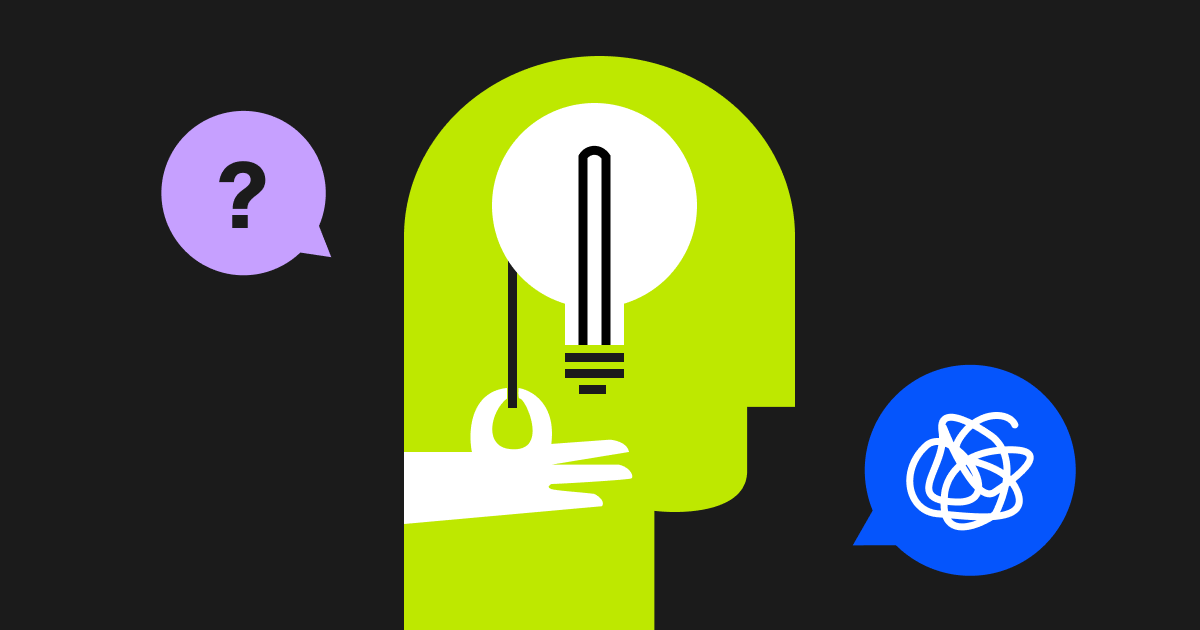A smart contract is a self-executing computer program with the terms of the buyer’s and seller’s agreement directly embedded into lines of code. The program, along with the agreement it contains, is distributed across a decentralized blockchain network such as Ethereum or Ontology. A smart contract is automatically executed when certain conditions are met. Once the code is executed, it is virtually impossible to reverse or alter.
Smart contracts enable transactions and agreements to be anonymously executed among two or more parties that do not trust each other, without the need for a third-party authority, justice system or another external mechanism.
A smart contract is analogous to a vending machine, as opposed to a store where you have to pay a merchant to buy. With a vending machine, you don’t have to deal directly with the merchant (vending machine owner) since you can simply transact automatically by inserting coins in the machine and your chosen soda will drop. This direct way of transacting without the need to know or trust who you’re dealing with is what makes a smart contract favorable. In fact, businesses have already started implementing smart contracts in their systems as they provide better protection from losses, as well as make customers feel safe.
Smart Contract Uses
Because smart contracts execute agreements, they can be used for many different purposes. One of the simplest uses is ensuring transactions between two parties occur, such as the purchase and delivery of goods. For example, a manufacturer needing raw materials can set up payments using smart contracts, and the supplier can set up shipments. Then, depending on the agreement between the two businesses, the funds could be transferred automatically to the supplier upon shipment or delivery.
Real estate transactions, stock and commodity trading, lending, corporate governance, supply chain, dispute resolution, and healthcare are only a few examples where smart contracts are theorized to have use.
Key Features of Smart Contracts
Automation
Smart contracts bring unparalleled automation to transactions, ensuring actions are executed automatically once predefined conditions are met. This eliminates the need for manual intervention, making processes more efficient and error-free. For instance, in a payment agreement, funds are automatically released when specific terms, like proof of delivery, are satisfied. This automation streamlines workflows and reduces delays in execution.
Transparency
One of the standout features of smart contracts is their transparency. All participants can view the contract’s details and its execution on the blockchain. This open access fosters trust, as all parties can verify that the agreement is being carried out as programmed, without hidden terms or unauthorized modifications. The transparent nature of blockchain ensures accountability throughout the process.
Security
Smart contracts are designed with immutability, meaning once they are deployed on the blockchain, they cannot be altered. This ensures a high level of security, as the code is tamper-proof, protecting the agreement from unauthorized changes or fraudulent activity. Blockchain’s decentralized structure further safeguards these contracts, making them resilient against hacking attempts.
Cost-Efficiency
By removing intermediaries such as lawyers, brokers, or escrow agents, smart contracts significantly reduce transaction costs. This cost-efficiency is particularly valuable for industries with high overheads, such as real estate or cross-border trade. Parties can allocate saved resources toward other priorities, enhancing overall financial efficiency.
Speed and Accuracy
Smart contracts execute transactions with precision and immediacy. As soon as the conditions coded into the contract are met, the transaction occurs without any delays or human errors. This speed and accuracy not only improve user experience but also enable real-time processing for complex agreements, such as those in decentralized finance (DeFi) or supply chain management.
Smart Contract Pros and Cons
The primary benefit of smart contracts is similar to the benefit of blockchain technology: they remove the need for third parties. Other benefits of this technology are:
-
Efficiency: They speed up contract execution
-
Accuracy: There can be no human error introduced
-
Immutability: Programming can not be altered
Some of the downfalls of smart contracts are:
-
Permanent: They cannot be changed if there are mistakes
-
Human factor: They rely on the programmer to ensure the code is programmed properly to execute the intended actions
-
Loopholes: There may be loopholes in coding, allowing contracts to be executed in bad faith
IMPORTANT
It's important to understand that the connections between blockchain transactions and real-world transfers are still being developed. For instance, if you use some ether to order an item from a retailer that uses an e-commerce blockchain that can communicate with Ethereum, it must still be packed up and shipped by a person. In this case, a smart contract would likely transfer your cryptocurrency to the retailer and initiate another script that notifies the shipping department of a sale.
CoinCatch Team
Disclaimer:
Digital asset prices carry high market risk and price volatility. You should carefully consider your investment experience, financial situation, investment objectives, and risk tolerance. CoinCatch is not responsible for any losses that may occur. This article should not be considered financial advice.

